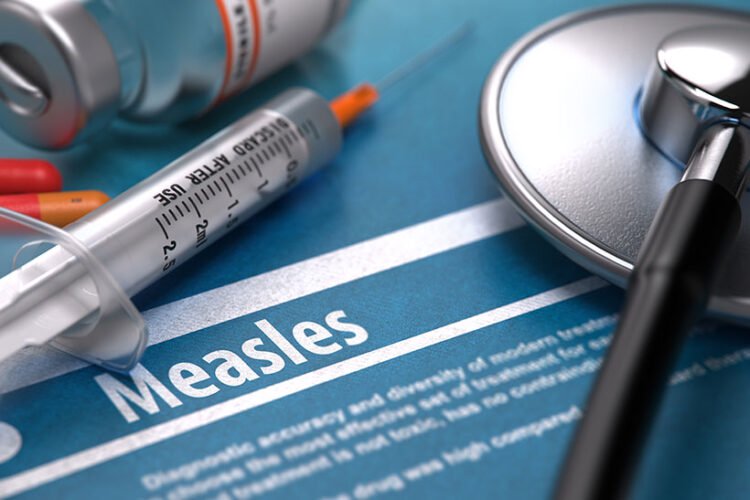March 12th is World Kidney Day.
While most have at least heard of kidney stones or kidney disease, how many really know its function and the facts about this necessary organ? The functions of the kidneys are vital for sustaining life while they are also susceptible to developing disease. A healthy lifestyle can help ward off the signs and symptoms of this disease and there are five stages one moves through from an acute to a chronic diagnosis.
Facts About the Kidneys:
1. There are actually two and they function to filter blood and help dispose of waste products from the body.
2. Kidney beans are named after this pair of organs because they have the same shape.
3. They stop blood from going into the urine. So, if blood is present this can signal a kidney infection.
4. The kidneys make urine and regulate the amount of fluid that is retained and released from the body.
5. They produce active vitamin D to help absorb calcium that is needed to make strong bones and teeth.
6. Your body can still function with one kidney as long as that kidney is healthy.
What are the first signs of kidney disease?
The Mayo Clinic describes acute kidney failure as when your kidneys suddenly become unable to filter waste products from your blood. When kidneys lose this function, wastes may accumulate at dangerous levels and cause the chemical make-up of blood to get out of balance.
Signs of kidney disease include the following:
What are the main causes of kidney failure?
Failure can be caused by an acute injury to the kidneys or from a chronic disease that gradually happens over time. Prerenal causes of kidney failure are due to a decreased blood supply to the kidney(s). Acute kidney failure can cause sepsis (whole body infection) when the immune system is overwhelmed from the level of built up infection causing the kidneys to shut down. Chronic kidney failure occurs when there is a disruption to the outflow of urine. This can be caused by an obstruction of the bladder, prostate cancer, tumors in the abdomen that obstruct parts of the urinary tract system and kidney stones affecting one or both of the kidneys.
What are the five stages of kidney disease?
Chronic kidney disease (CKD) refers to all five stages of kidney damage, from the mild damage in Stage 1 to complete kidney failure in Stage 5 according to kidneyfund.org. Each stage is determined by the kidney’s ability to dispose of wastes from the blood stream. Here are details on each of the five stages of kidney disease:
Stage 1: mild kidney damage indicated by protein in the urine or physical damage to the kidneys.
Stage 2: mild kidney damage similar to Stage 1 however there is an elevated level of waste products in the blood.
Stage 3: some damage to the kidneys causing them to not work as well as they should. Sometimes there are no symptoms.
Stage 4: moderate to severe damage with kidneys not working as they should. This is the last stage before kidney failure.
Stage 5: kidneys are close to failure or have failed causing waste build up in the blood making one very ill.
What treatment options are available?
Early stages of kidney disease can be managed with a healthy diet, avoiding tobacco use, being active 30 minutes a day/ 5 days a week, maintaining a healthy weight and asking a doctor if medication will help protect the kidneys. As kidney disease progresses to Stage 3, it is advised to continue the previous recommendations and also visit a nephrologist (kidney doctor), meet with a dietitian and ask a doctor about blood pressure medications. Stage 4 individuals should plan to schedule regular appointments with a nephrologist and start preparing for kidney failure. This includes preparing for dialysis and a possible transplant. By Stage 5 the kidneys have failed or are getting close to failure. The plan of action remains the same to prepare for dialysis and a transplant.
Can kidney disease be reversed?
If there are no other secondary illnesses or conditions, kidneys may heal themselves. While acute kidney disease may be treated if caught early on, there is no reversing the damage of a chronic diagnosis. Lifeoptions.org created a list of ways to slow kidney disease:
1. Keep your blood sugar in the target range.
2. Keep your blood pressure in the target range your doctor gives you.
3. Lose weight if you are overweight.
4. Don’t drink soda.
5. If you smoke or use street drugs, try to quit!
6. Balance your blood pH.
7. Eat less protein.
8. Eat less phosphorus.
9. Limit shellfish.
10. Skip canned foods.
11. Avoid certain pain pills.
12. Need a contrast dye x-ray? Ask for kidney precautions.
13. Antioxidants may help you.
If you suspect you have kidney disease, make an appointment with a nephrologist. See your doctor immediately or seek emergency care if you have signs or symptoms of acute kidney failure.
American Online Benefits Group offers life insurance and supplemental benefit plans to help in the event you or a loved one is diagnosed with end-stage renal failure. Please contact our Agent or Member Services to receive more information at 214-389-9072.




